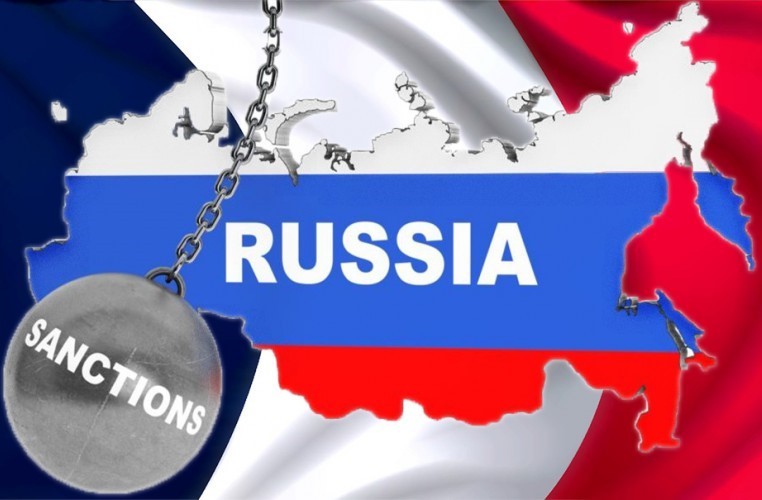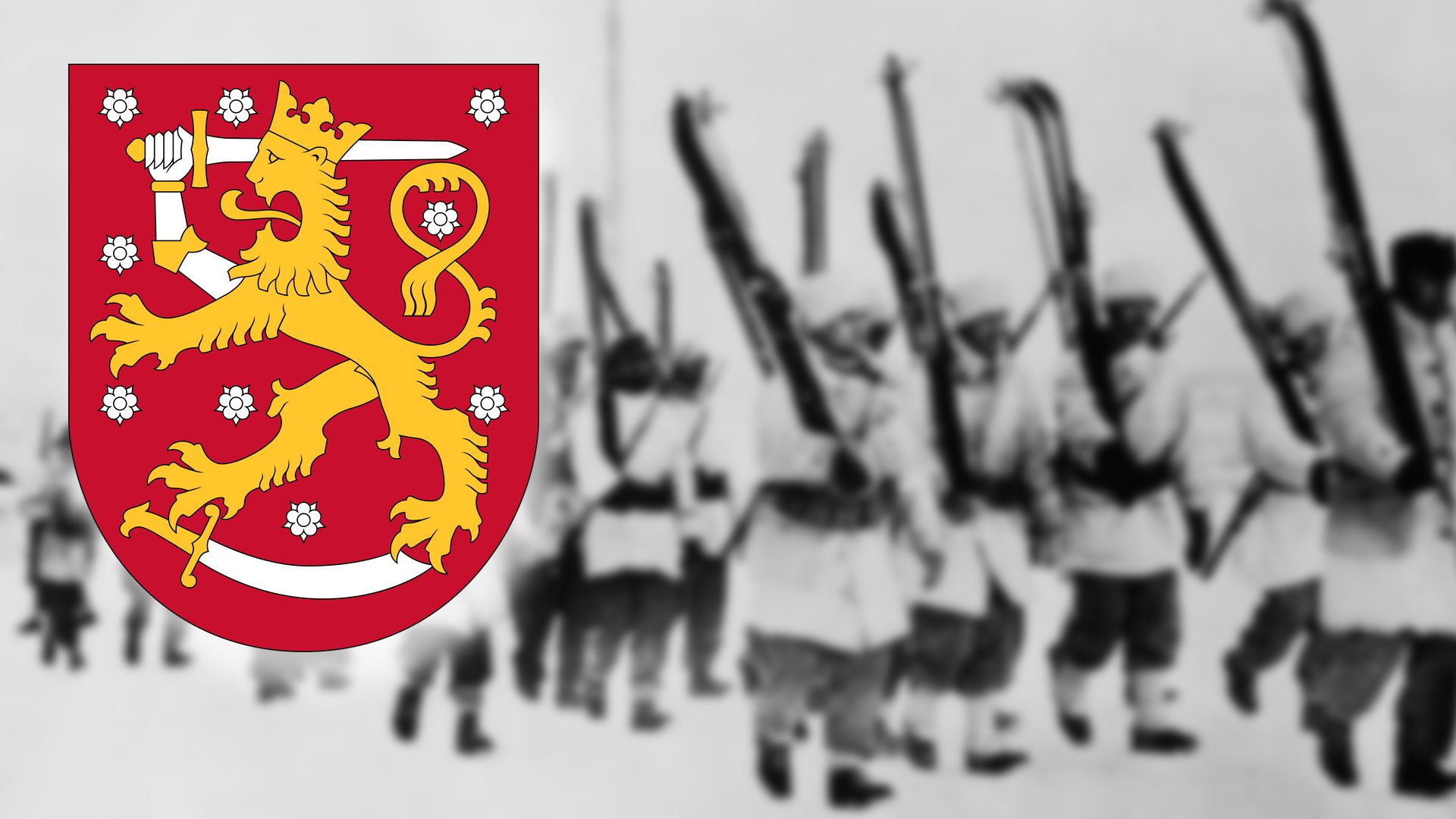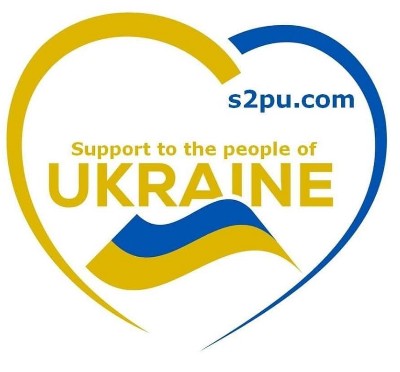

Read more about The history of Ukrainian heroes
 The United States and its European allies have also discussed wide-ranging sanctions in the event of a Russian invasion.
The United States and its European allies have also discussed wide-ranging sanctions in the event of a Russian invasion.
Putin has now tethered himself to the futures of both the Russian and the Ukrainian states. Any perceived move against Russia or political shift in Ukraine becomes a threat to his position of power ahead of the 2024 Russian presidential election. When Putin himself threatens, he usually acts. But in acting against Ukraine, Putin and Russia could create an eternal enemy out of a neighboring country, as well as destabilize European and global affairs for years to come.
Acts of aggression against another country, no matter what the motivation, have lasting consequences. They create resentments and new grievances that persist for decades and shape the attitudes and policies of subsequent generations. This was something Putin, in fact, reflected upon at the beginning of his presidency. In a quasi-autobiography issued in January 2000, Putin was asked by one of the journalists interviewing him whether the Soviet interventions in Hungary in 1956 and Czechoslovakia in 1968 were big mistakes. Yes, they were, he replied. “And you didn’t even mention that we used force in East Germany in 1953… They were all big mistakes, in my opinion. And the Russophobia that we have today in Eastern Europe, that’s the result of those mistakes.”
Russophobia or negative attitudes towards Russia today in Ukraine and elsewhere are the direct result of Russia military interventions, cyber-attacks and intrusions and political influence operations in the 2000s. In countering Putin on this occasion, we have to demonstrate to Putin that today’s actions in and around Ukraine are as significant a mistake as they were in the 1950s and 1960s. We should continue to make it clear to Moscow that we are open to negotiation on a range of stated issues related to strategic stability and our own bilateral relations, but not under current coercive circumstances. Ukraine should not be held hostage to push Russian demands for either a sit-down or a show-down with the United States and NATO.
We need to reframe this crisis for what it is. It is not the result of some hostile act by the United States and NATO. Nor is it a proxy conflict, nor some ‘righteous’ effort to correct some great historic wrong. This is an act of post-colonial revisionism on the part of Russia. Yes, Ukraine and the other former republics of the Soviet Union were just as much Russian colonies—territories subject to foreign rule—as Ireland and India were for the British Empire, or as constituent states were for the Austro-Hungarian and Ottoman empires. Ukraine has been an independent country for 30 years, like the rest of the former Soviet republics. Scores of countries from Europe, to the Middle East and Asia secured their independence from the disintegration of empires and the fracturing of other states in the 20th century, across a long period from the end of World War I through to the end of the Cold War. The facts that many Ukrainian citizens speak Russian and parts of Ukrainian territory were incorporated into the Russian Empire in earlier centuries are irrelevant. The United States won its independence from Great Britain and remains separate despite shared linguistic and cultural heritage. Australia, Canada and New Zealand were settled by British citizens and have English as their official language. And we also do not view German-speaking Austria as part of Germany and rejected attempts during World War II to join them together.
If Putin launches a further incursion into Ukraine on this basis with no international condemnation or backlash, then this will set a global precedent for other countries engaged in territorial disputes and threatening their neighbors’ sovereignty. What happens in Ukraine and how we react will have international consequences. Other countries’ foreign calculations will be ruptured, especially those trying to balance relations among the U.S., China and Russia, such as India and Japan.
We must press ahead to secure international condemnation of Russian threats and actions at the UN and in other fora. Yes, Russia has a veto on the UNSC and will likely reject this effort. They will also hold the UNSC chairmanship for the entire month of February. But even if Russia vetoes any resolution condemning Moscow’s conduct, the U.S. will have already called Russia out and made efforts to hold Putin to account.
The United States and its European allies have also discussed wide-ranging sanctions in the event of a Russian invasion. But these will not bite unless the private sector also steps up in some fashion. As long as Putin and Russian oligarchs continue to sidestep business and personal sanctions and find alternative ways to conduct their business in the West, economic and financial sanctions will not be effective. Businesses and prominent individuals in the U.S. and Europe need to consider curtailing or downgrading their activities with high-profile Russian oligarchs or Kremlin-linked companies connected to Russian malign activity, including declining to attend scheduled Russian investment conferences and meetings. If international corporations and investors signaled their unease and concern with Russian activities, this could give President Putin pause and open further space for diplomacy. Another Russian invasion and expanded war in Ukraine will be deeply destabilizing for markets and the global economy. It will be bad for business, not just for European and international security.
Source: Fiona Hill - Brookings

 Finns are better able to understand Russia than most Norwegians. There are many lessons to be learned from how broad sections of the Finnish people relate to Russia and Russians.
Finns are better able to understand Russia than most Norwegians. There are many lessons to be learned from how broad sections of the Finnish people relate to Russia and Russians.
